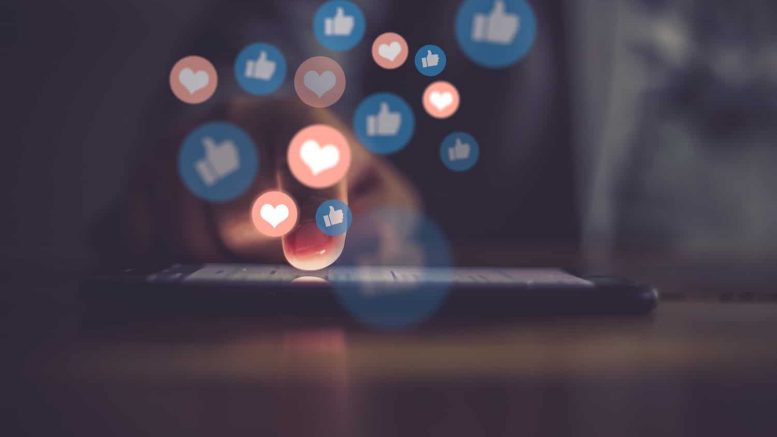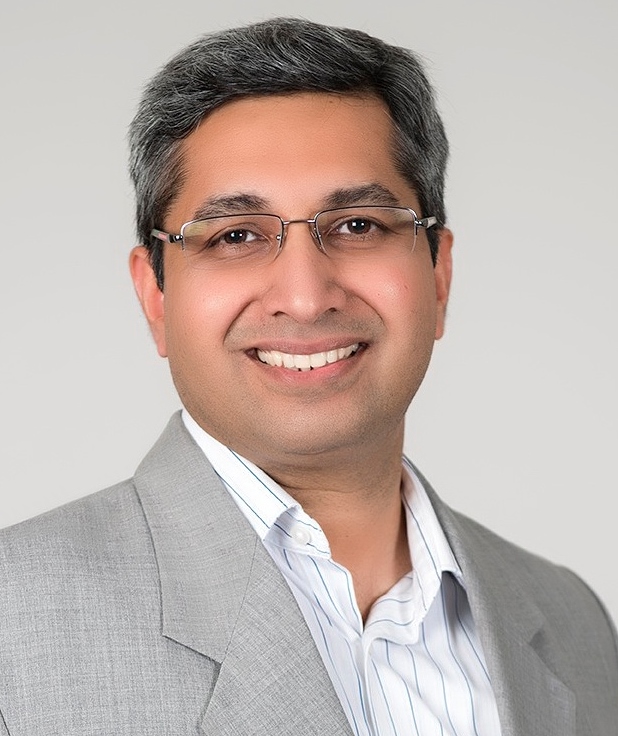Last week, I wrote the first part of this article where I defined the problem that we all face today of the fear of missing out, living our lives by imitating others, and its linkage to a phenomenon called social proof.
The second part of the problem is an addiction to social media, which leads to lower happiness levels, attention deficit, and several other mental health issues. Others have already written about it, so I will not spend too much time explaining the problem. Instead, I will talk about tips to identify if one is addicted to social media, its adverse effects on our lives, and how to overcome the addiction – take the control back.
It is not easy to accept that we are slaves to social media and are addicted to it. Many of us keep telling ourselves that we are in control, and we need to be online all the time, given our jobs require us to be on top of things. I suggest that you do the small exercises given below to discover the extent of your social media addiction.
- Find out if you are getting enough sleep. I have been a culprit of cutting down on my sleep time to watch serials on OTT platforms, browse social media, or watch YouTube videos. Note your total sleep time for a month and check if social media has slowly encroached upon your sleep time.
- What is the first thing you do in the morning, and what is the last thing you do before going to sleep? If you check your phone for WhatsApp messages as soon as you wake up or browse FB, Insta, or Twitter, you should be alarmed.
- Ask yourself, has your overall happiness level gone down over the last few years? Are you facing self-image issues? Do you feel less confident than you used to in the past? You may say that there may be other reasons to feel underconfident or unhappy – may be a dead-end job, a bad boss, a big loan, and so on. Fair enough! I agree that it is difficult to access the contribution of social media in one being unhappy. However, it is worth asking these questions. E.g., do you take frequent breaks to check the likes/comments on your posts and feel happy like a child or unhappy if you get more/less engagement. Try and record your mood swings and link them to your social media behaviour.
- Check your attention span and ability to work uninterrupted for a long duration: How long can you work continuously without taking a social media break? Keep a notepad with you for a few days. Every time you pick up your phone to check WhatsApp messages, social media timelines, post comments, etc., make an entry into the notebook. I am sure you will be surprised how often we interrupt our work and check the phone.
- Note the total time spent on social media platforms: Add the time you spend on the phone. Unless your main job is to blog, tweet, or make Youtube videos, you should not spend more than an hour or two of your day on social media.
If you think you are addicted to social media, you can try the following remedies to break the habit. I have tried some of these, and they helped me limit my time on social media.
- Digital fasting: Try to stay away from social media at least one day a fortnight, to begin with, and then increase it to one day a week. Some people suggest a fortnight of abstinence, but I have not tried it yet.
- Calendarize your day to limit social media time: Block time on your calendar to check social media 3-4 times a day. Follow the timelines, and unless it is a crisis, do not log in to check social media messages on non-scheduled time slots.
- Turn off all social media notifications: Notifications are a big nuisance and take your attention away from the task at hand. If you cannot turn off the notifications, you should silence them at least.
- Set alarms: Every time you pick up the phone to browse social media, use an alarm to remind you to log off after some time. Set a 10-minute alarm for a short break and a 30 minute for a long break. Alarms help in keeping you disciplined.
- Limit the number of groups you are a part of on social media platforms. It will help reduce spam and keep you focussed on things you like.
- Exercise more: Physical exercising helps in reducing social media addictions. Take short breaks to exercise twice a day.
- Rekindle a hobby: Read a physical book, go for nature walks or play a sport. These activities will help you reduce social media dependence, improve attention spans, and help to replace the dopamine dependence from social media.
- Limit online shopping: Online shopping is addictive as it is fast and convenient. Sometimes we buy stuff we do not need as online shopping gives us a dopamine kick.
Social media has taken over our lives. Unfortunately, many of us are not even aware of how addicted we have become. Work from home, replacement of physical events to online events, and reduced social gatherings have made us over-dependent on digital gadgets. Experts say that social media addiction is worse than drug addiction and feel we are approaching epidemic levels. We see evidence of this addiction all around us, and therefore, it is time to take corrective action.
PS: I have written this blog without checking social media, even once.
The views and opinions published here belong to the author and do not necessarily reflect the views and opinions of the publisher.



Be the first to comment on "It is time to take back control: Overcoming FOMO and social media addiction"